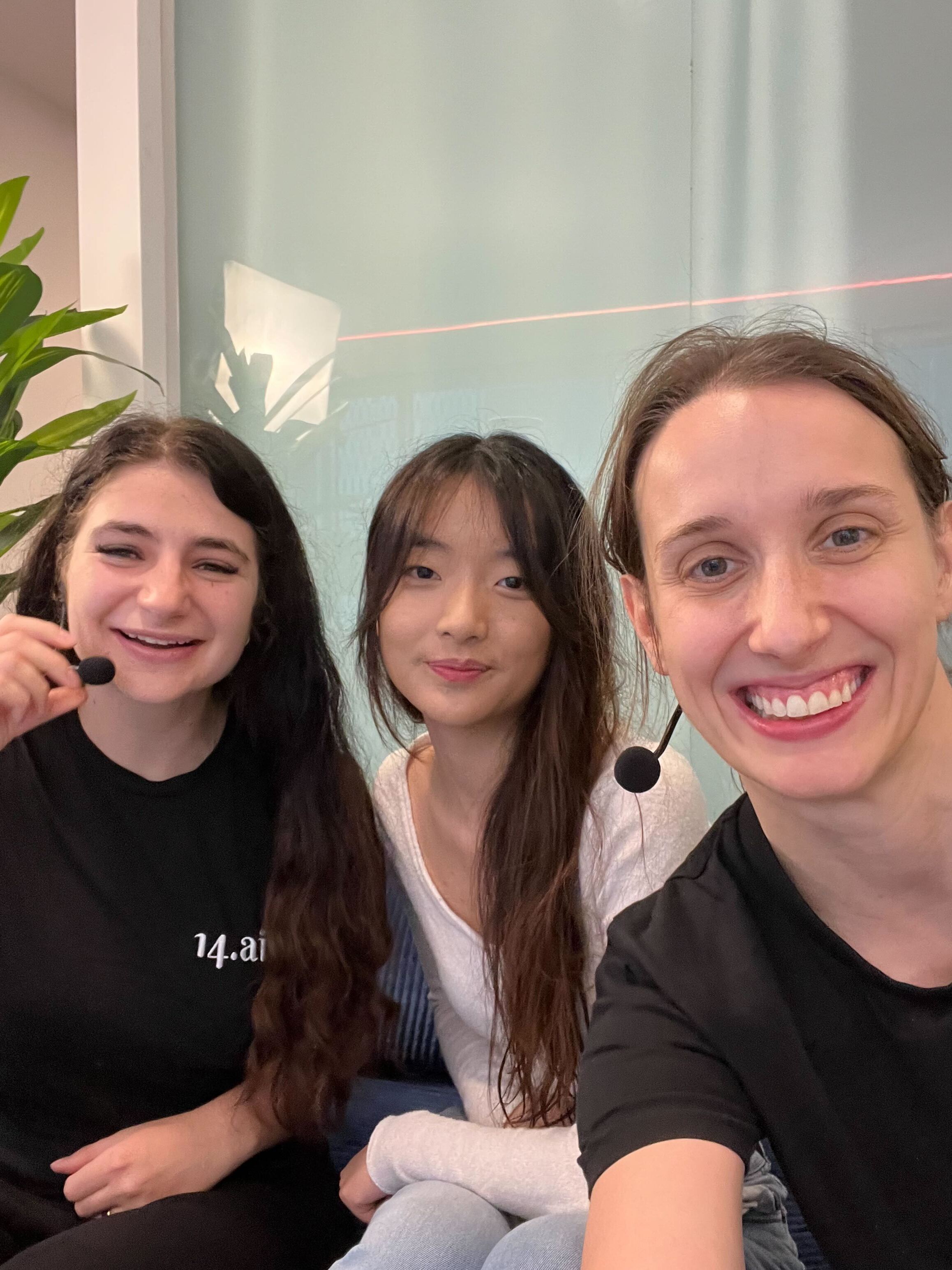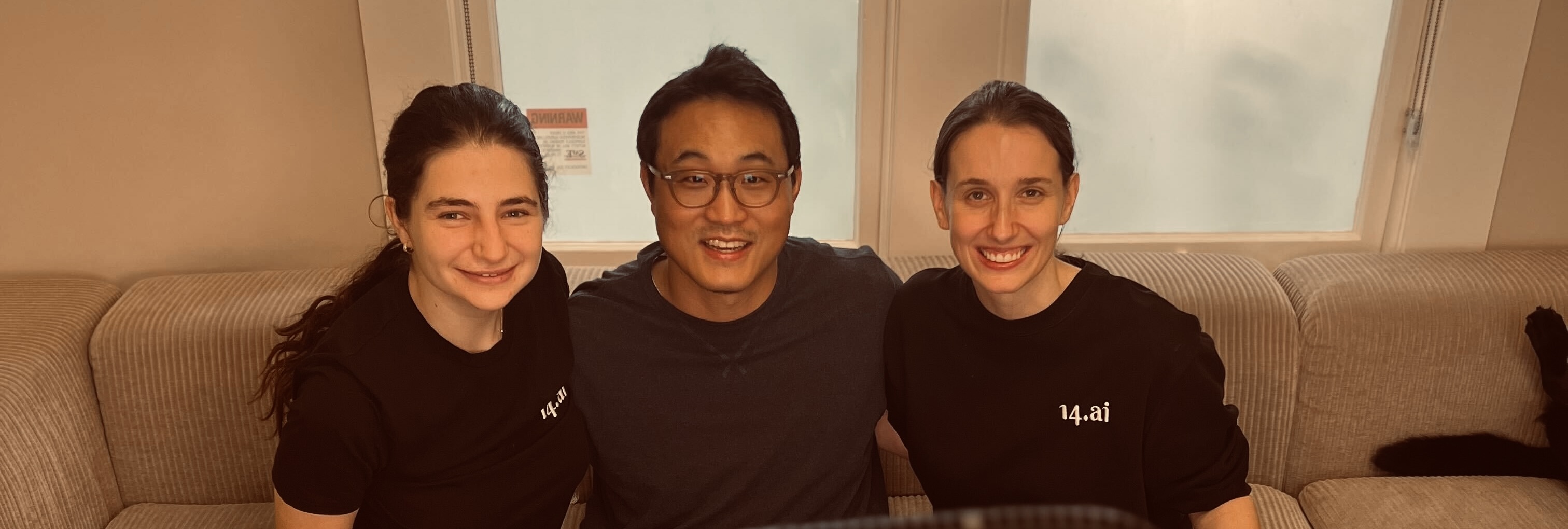
October 30, 2025
Workshop recap: Leading the conversation: How AI search results shape B2C brand discovery
On October 29, we hosted a live workshop with Andrew Yan, founder and CEO of Athena, to explore how AI-generated search results are reshaping B2C brand discovery. Drawing from his experience as a former Google Search product manager and now founder of a platform at the forefront of AI SEO, Andrew shared how consumer behavior, search algorithms, and brand strategy are all being rewritten by generative search.
From three blue links to generative answers
Andrew began by describing the shift from Google’s traditional “three blue links” to AI-generated responses that directly answer user questions. Consumers no longer sift through pages of search results; they trust AI-generated summaries to make purchasing decisions. This change represents one of the most significant transformations in online discovery in over twenty years.
Athena was founded on this insight: as AI reshapes how information is surfaced, brands must adapt their strategies to stay visible where customers now search.
What drives visibility in AI search
According to Andrew, success in AI search depends on two major levers:
- On-page optimization – ensuring that a brand’s website is well structured, accessible to crawlers like OpenAI and Anthropic, and supported by clean sitemaps and FAQ pages that communicate intent clearly.
- Off-page strategy – understanding which external sites influence AI models in a specific vertical, and developing PR and affiliate campaigns that earn mentions from those high-authority sources.
He emphasized that these factors vary not only by industry but also by persona and geography. The brands that excel are those that tailor their content for distinct audiences across regions and demographics.
Personalization through personas
Andrew illustrated how persona-driven content can make or break visibility in AI search. For instance, a university might create separate pages for students (highlighting dorm life and campus culture) and for parents (focusing on job placement and safety). Similarly, B2C brands should align messaging with who is actually making the purchase decision, whether it is a teenager, a parent, or a professional in another country.
Case study: Grüns and the rise of health-conscious search
Athena’s work with Grüns, a vitamin gummy brand, showed how aligning with existing search intent can drive results. Grüns targeted the “gut health” category, an area with high intent and frequent AI-driven searches. By tailoring their on-page content and positioning to match those user queries, the brand surfaced more frequently in AI-generated answers related to health and wellness.
When SEO becomes GEO
Andrew described Generative Engine Optimization (GEO) as the natural evolution of SEO. While the two share many similarities, he compared them to playing two different sports: basketball and football. A basketball player might perform reasonably well on a football field, but would still lose to someone who has trained specifically for that game. The same idea applies here. Traditional SEO knowledge provides a foundation, but brands that focus directly on AI search will gain a competitive advantage as discovery shifts toward generative engines.
As more than half of Google searches now trigger AI overviews, this shift is already underway. Brands that focus on AI search will gain an edge as discovery moves from search engines to conversational assistants.
Navigating a fragmented AI ecosystem
A key challenge for marketers is staying ahead as models evolve. Athena addresses this by continuously monitoring emerging models like Grok and training its own Citation Engine (ACE) to evaluate how likely a piece of content is to be cited by AI systems such as ChatGPT. This automation helps brands understand what works across different models without relying solely on manual analysis.
Common pitfalls and model-specific strategy
Andrew warned that many brands make the mistake of optimizing for the wrong model. For example, targeting Microsoft Copilot makes sense for enterprise tools but not for consumer brands. For B2C companies, ChatGPT and Google’s AI overviews remain far more relevant. Athena helps teams identify which models their target customers actually use, preventing wasted effort and ensuring that optimization aligns with user behavior.
The future of the web: designed for AI
Looking ahead, Andrew predicted that the web will soon be designed primarily for AI consumption rather than human browsing. Just as early SEO pioneers built billion-dollar companies by ranking high on Google, today’s fastest-moving brands will dominate AI discovery. As latency drops and AI results become richer, consumers will default to generative answers instead of scrolling through web pages.
In this new world, brand websites may become more aesthetic than functional, since AI systems will handle the information retrieval and product comparison that consumers once did themselves.
Leveling the playing field with AI-powered PR
Athena’s roadmap focuses on democratizing access to sophisticated AI SEO and PR tools. By automating GEO workflows, the platform helps smaller and mid-market brands punch above their weight. With features for affiliate discovery, content grading, and automated outreach, Athena enables teams of one to perform like teams of ten.
A huge thank you to Andrew for sharing his insights, and to everyone who joined us live.
